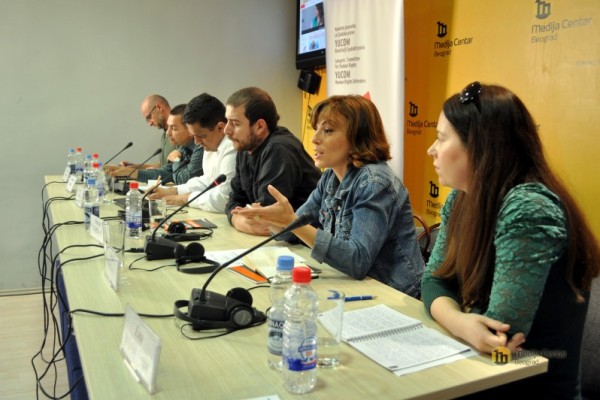PTF is delighted to report on the initiation of four new projects in the past three months valued together at more than $ 1 million.
PTF Signs Grant Agreement with IDRF and YSD to Expand Health Transparency Initiative in India
The India Development Relief Fund (IDRF) has partnered with PTF to play a leading role in three Health Transparency Initiatives (HTIs) in India. The first, a Quality Improvement of Public Health Services in Thrissur, Kerala, India is being implementing by the CSO, Jananeethi, over 3 years (2018- 2020). The first year of the project is being supported by a grant of $28,000, of which, $20,500 is being provided by the IDRF and $7,500 is being provided by PTF. This project will: (a) support community engagement with local governments and public health clinics for greater transparency and improvement services; (b) help government mandated Hospital Management Committees provide more effective oversight; and (c) establish and put into operation an independent community body – a Health Watch Committee to hold duty bearers accountable. The second initiative is focusing on Improving Maternal and Child Health Care Services (MCH) through Citizen Engagement in Odisha State. This project, approved in March 2019, will be the first phase (2019-2020) of a longer-term program and is made possible by the continued partnership of the IDRF and PTF. The IDRF is granting the majority of the funding for the Initiative ($36,000, 64% of the total) and PTF is contributing $14,000 (25%). The Indian CSO, Youth for Social Development (YSD), is implementing the project on the ground and contributing 11% of the total cost. The Initiatives objectives are: (a) to enable beneficiaries to constructively engage with authorities and demand better quality and more accountable MCH services; (b) to develop a community score card process and other social accountability tools for MCH services; and (c) to collaborate with researchers on improving outcomes under SDG-3 (health), SDG-5 (gender) and SDG-16 (governance) through citizen engagement. A third project for “Reducing the Maternal and infant Mortality Through Community Participation and Civic Monitoring” in Rajasthan State, India, is at the concept stage.
Barry Metzger Rule of Law Initiative
Poverty Alleviation Fund 2 (PAF-2)
Poverty Alleviation Fund (PAF-2) is a development project funded by the World Bank and implemented by the Poverty Alleviation Fund in Nepal. The project’s objective is to improve living conditions and empower the rural poor, with particular attention to groups that have been excluded based on gender, ethnicity, caste or geographical location. The Poverty Alleviation …
Curbing Corruption in Forestry Management through User Groups in Nepal
Forest Action, a local Nepalese CSO, has successfully engaged communities to tackle the problem of willful mismanagement of forest resources in the Morang District in Nepal. Through its targeted intervention, balancing constructive engagement, awareness raising and capacity building of citizens and community members to meaningfully participate in the management of …
Deepening Civil Society Engagement for Development Effectiveness
Health Transparency Initiative
Strengthening Citizens Involvement in Mitigating Governance Risks in Local Government Units in the Philippines
Strengthening Citizens Involvement in Mitigating Governance Risks in Local Government Units in the Philippines provided technical assistance to support more effective citizen engagement in the formulation and execution of budgets and procurement processes at the local level. Five sub-projects were developed to address governance risks unique to Local Government Units (LGUs) in the Caraga Region in Northeastern Mindanao. Insights gained from this pilot will feed into a series of reforms undertaken by the Government of the Philippines, including the Bottom Up Budgeting and Open Data disclosure.





